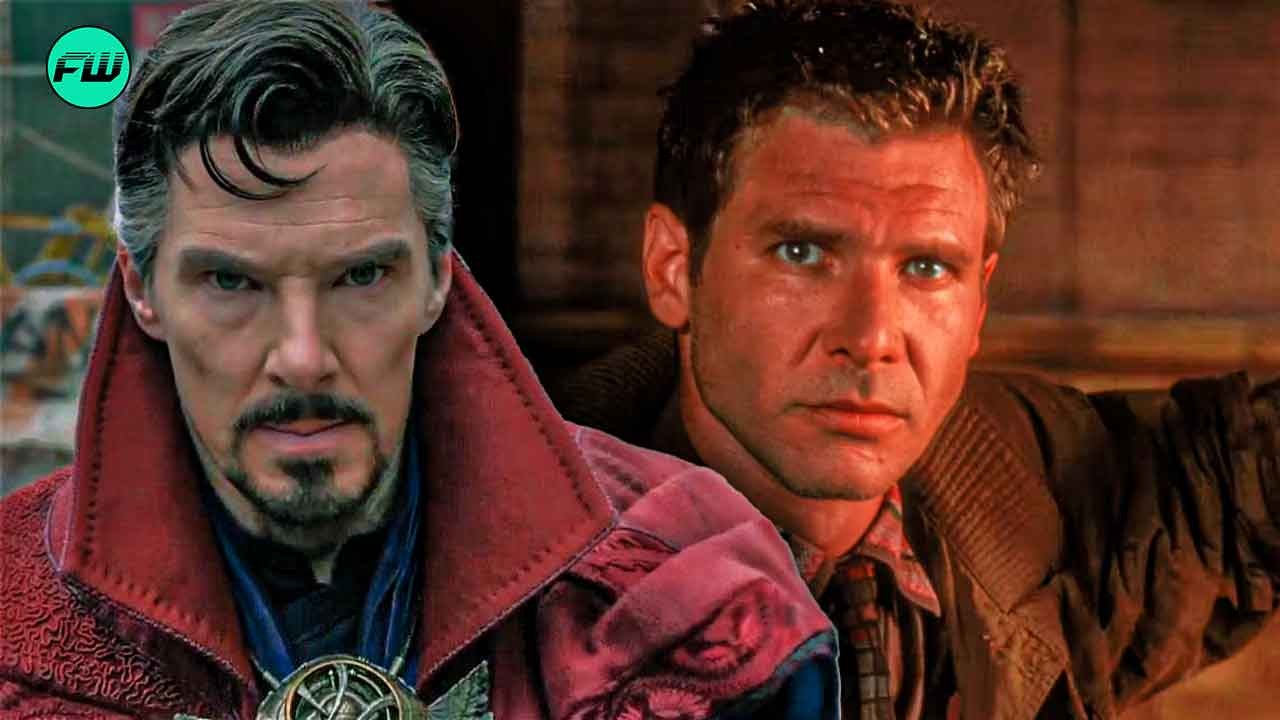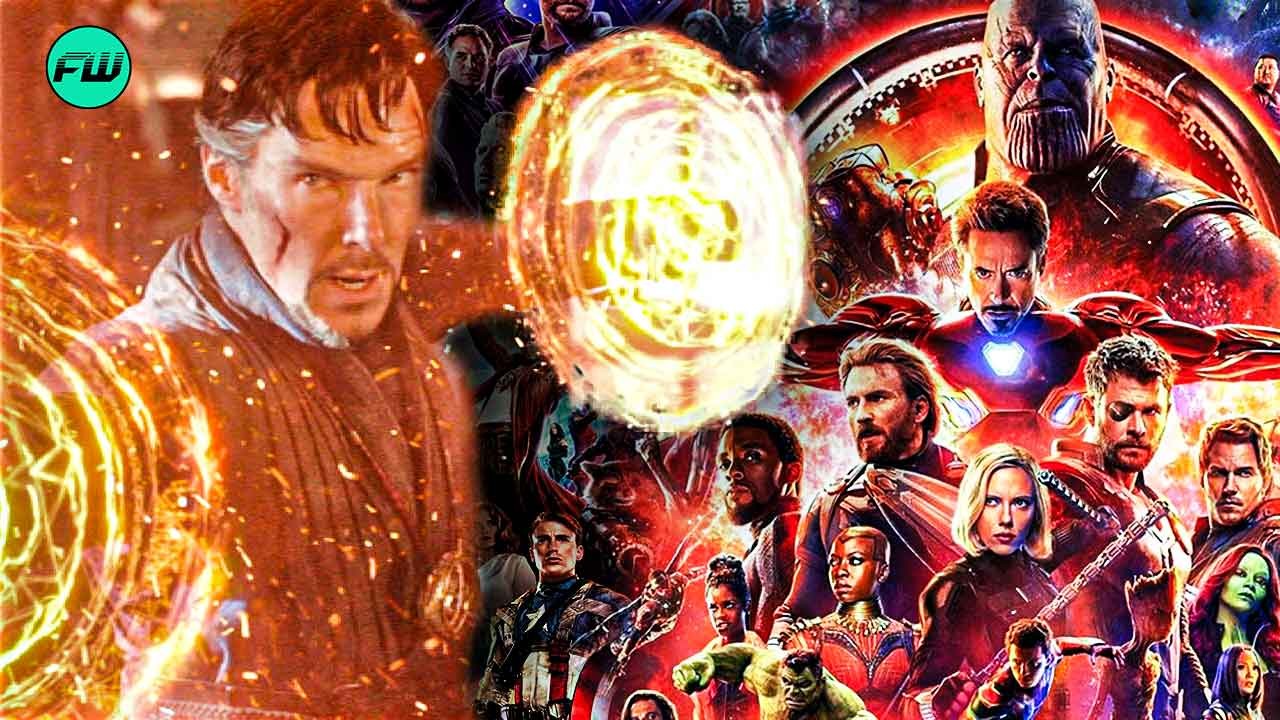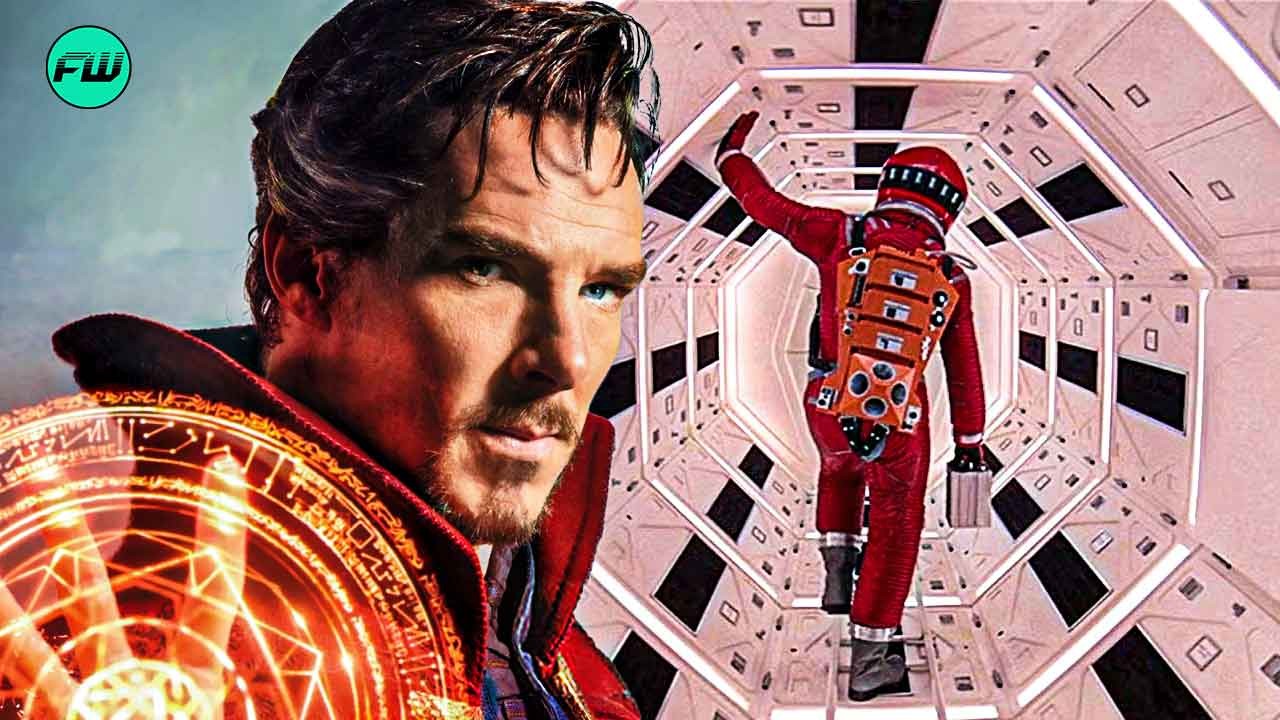Many Marvel fans would love to see how original Doctor Strange director Scott Derrickson would have made the poorly executed second film. Derrickson recently shared a tweet that highlighted the bad reviews against Harrison Ford’s 1982 film Blade Runner. He was among the few who loved the theatrical version and posted the tweet as his voice against the critical opinion. However, he later deleted the tweet and has a good explanation as to why he did it.

Blade Runner‘s theatrical version was not everyone’s favorite and critics bashed the film left and right. However, the criticism forced director Ridley Scott to come out with a Director’s Cut and later a much better Final Cut of the film.
Doctor Strange Director Explains Why He Deleted Tweet Bashing Critics of Blade Runner
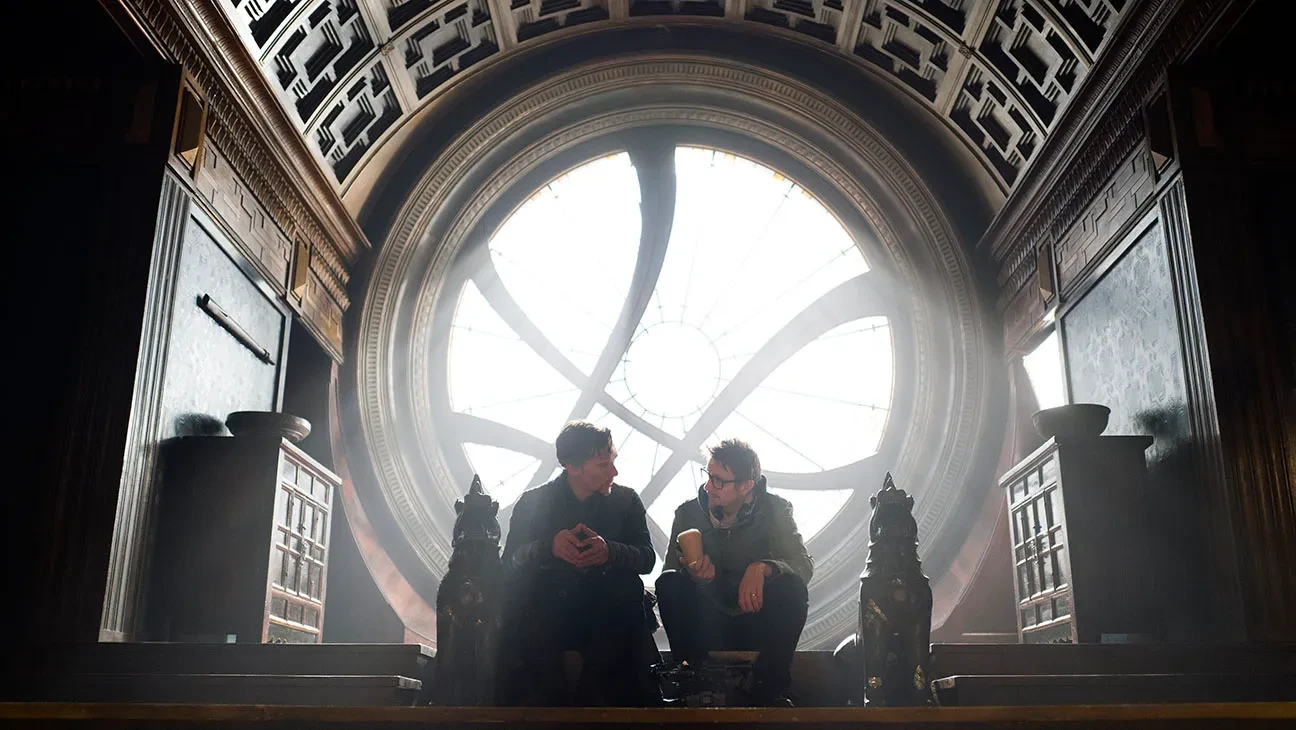
Scott Derrickson recently shared the reviews of the Harrison Ford starrer Blade Runner on his X account. Popular critics including Roger Ebert opined that the theatrical version of the film was a failure in every aspect. Derrickson had an opposing view and shared the tweet to call these critics out, but decided to delete the tweet later.
Explaining his decision to delete the earlier tweet, Derrickson shared in another tweet that what he shared unfairly represented the critical opinion of the film. The Doctor Strange director shared that it did not represent the views of those critics who liked the film or those who mentioned some of the positive aspects of the film.
Derrickson also noted that such critical opinions led Ridley Scott to come out with subsequent cuts, which audiences loved. The Black Phone director concluded by sharing that criticism mattered for the film industry and for anyone who is serious about cinema. Derrickson shared in his tweet:
I deleted this tweet because it unfairly represents how these and other critics felt overall about Blade Runner in 1982, and it also fails to point out that the reviews themselves are what drove the subsequent cuts of the film. Criticism matters, and is important for anyone… pic.twitter.com/9y66fhWAW4
— N O S ⋊ Ɔ I ᴚ ᴚ Ǝ ᗡ ⊥ ⊥ O Ɔ S (@scottderrickson) May 7, 2024
While Derrickson was pretty spot-on with his views about critics, some film viewers seemed to disagree. One comment shared that critics should be industry professionals rather than professional movie watchers, while another shared that critics were irrelevant and didn’t deserve a platform.
Derrickson disagreed with these comments sharing that good critics offer a richer and unique perspective on great films. He also mentioned how Roger Ebert was honest with his reviews and how he retracted them if he liked a movie on second viewing.
Sure, but I love how honest Ebert was about his evolving opinions. We all have those. That kind of honesty is part of what made him such a good critic.
— N O S ⋊ Ɔ I ᴚ ᴚ Ǝ ᗡ ⊥ ⊥ O Ɔ S (@scottderrickson) May 7, 2024
Hard disagree. And you can’t lump “the critics” into one category, as there are both lame ones and remarkable ones. Good critics can open up things in movies that you may not have seen. They offer a richer and unique perspective on great film.
— N O S ⋊ Ɔ I ᴚ ᴚ Ǝ ᗡ ⊥ ⊥ O Ɔ S (@scottderrickson) May 7, 2024
Other comments mostly respected Derrickson’s decision to delete the tweet due to its negative implications. They also recognized how the criticism drove improvements from the makers.
How do expect anyone to get better without criticism you know?
— Rokaan Al-Zeer (@ROKU9413) May 7, 2024
The cuts are important here. Virtually everyone watching Blade Runner today watches the director's cut, and the theatrical release is widely agreed to be inferior to the DC. These critic quotes are all about the theatrical cut.
— Andrew Ballard (@BallardAndrew) May 7, 2024
True criticism is invaluable. It's impossible to grow as an artist without it IMO. Also, I remember loving the original Blade Runner cut. Wish I could find it now. The pulp studio additions were on the nose, but I loved them.
— ☠️ Colin Edward Lawrence ☠️ (@ColinEFLawrence) May 7, 2024
Ford’s film did underperform at the theaters grossing only $41.8 million at the box office (via Box Office Mojo). However, the director’s cut and the subsequent final cut contributed to it becoming a cult classic film in the sci-fi genre.
Blade Runner Final Cut Improved Upon the Criticism For The Theatrical Cut
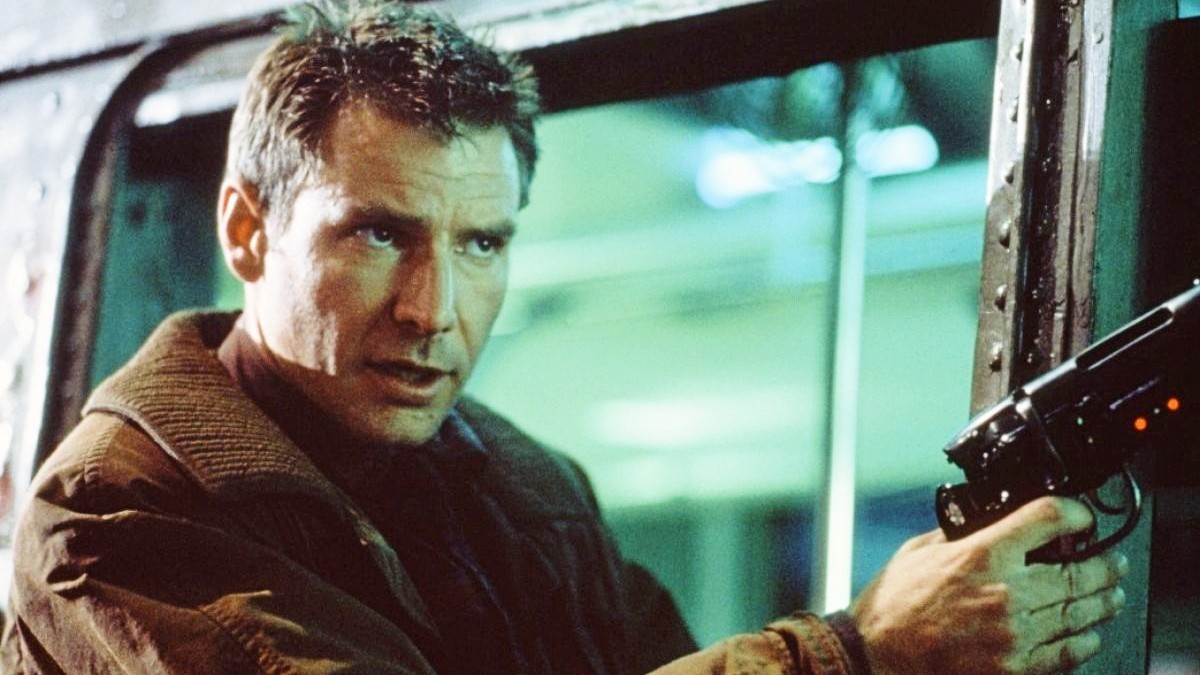
In another tweet, Scott Derrickson listed out the seven versions of Blade Runner that were released for the audience. These included the Workprint, the 1982 San Diego sneak preview cut, the US Theatrical Cut, the International Cut, the US broadcast version, the Director’s Cut, and the Final Cut.
The Theatrical Cut of the film had lots of little mistakes, including bad audio sync at places and visible limitations in practical effects. Some viewers found the voiceover in the film, provided by Ford, to ruin the flow. This cut also had a different ending where things ended happily. However, the criticisms led to a lot of improvements in the Director’s Cut which notably removed the happy climax and the voiceover.
However, Ridley Scott‘s preferred version is the Final Cut which corrected the color grading and sound, in addition to some VFX cleanups. Derrickson revealed in a follow-up tweet that he fell in love with the theatrical version once he got to watch it on VHS a second time.
The original and final cut of Blade Runner are available for rent on Amazon.

